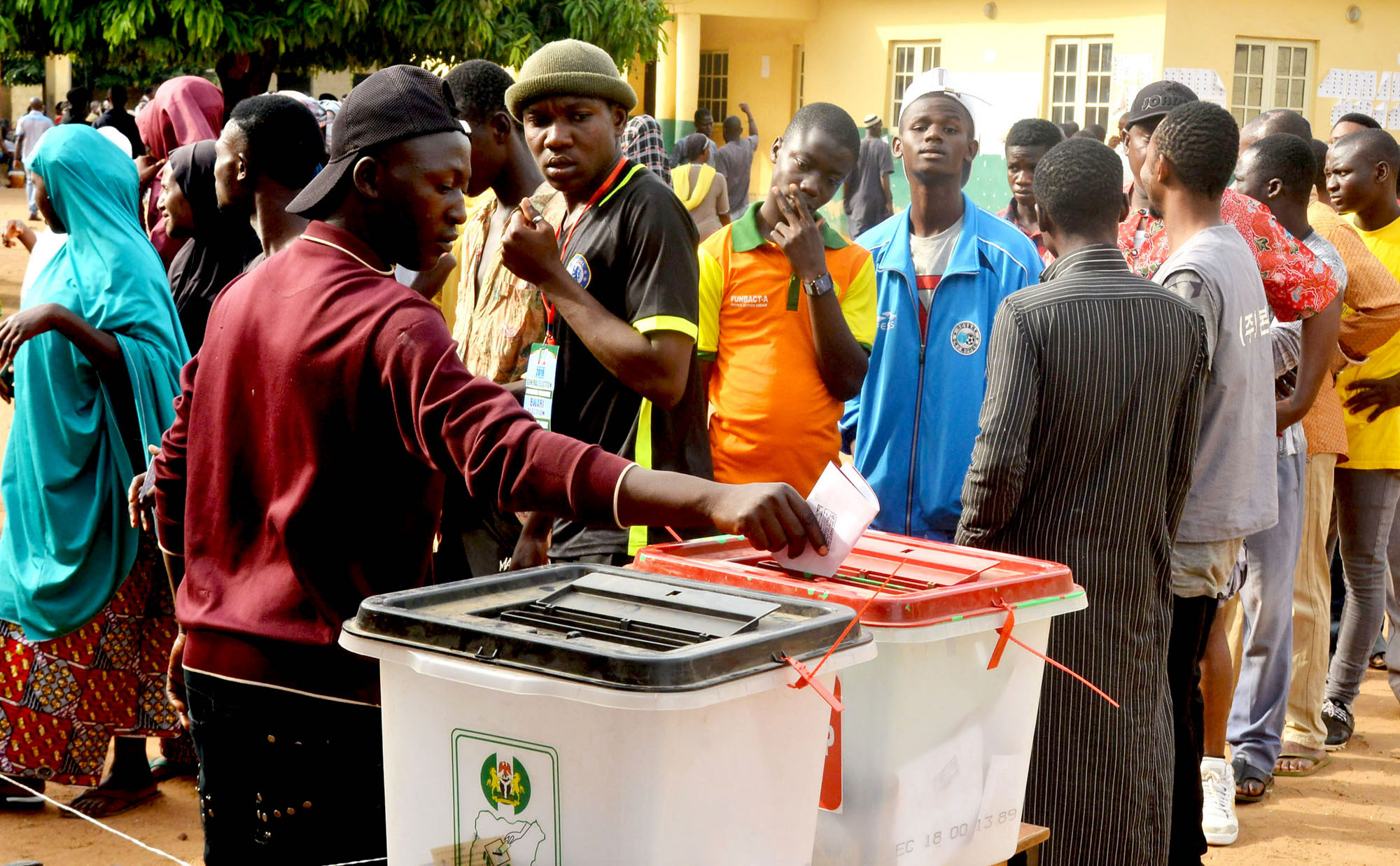
In the intricate landscape of Nigeria’s democratic process, off-cycle and bye-elections play a pivotal but often underappreciated role. While general elections draw widespread attention and participation, these other forms of elections offer a different yet equally significant insight into Nigeria’s political heartbeat. This blog post aims to delve into the nuances of Nigeria’s off-cycle and bye-elections, examining their importance, challenges, and impact on the broader political spectrum.
The Nature of Off-cycle and Bye-elections
- Off-cycle Elections: These are elections that occur outside the usual schedule of general elections, often due to specific constitutional or legal requirements. They include gubernatorial elections in states that do not align with the general election timetable.
- Bye-elections: These occur when a seat in the legislature becomes vacant before the end of the term, due to reasons such as death, resignation, or disqualification of a sitting member.
The Importance of These Elections
- Reflecting Local Dynamics: Both off-cycle and bye-elections provide a closer look at local political dynamics and voter sentiments, which might differ from national trends.
- Policy Testing Ground: These elections serve as a testing ground for new policies and strategies by political parties.
- Political Barometer: They can act as a barometer for the public’s response to current governance, offering insights into potential outcomes in upcoming general elections.
Unique Challenges
- Voter Apathy: One of the most significant challenges is the typically lower voter turnout compared to general elections, often due to reduced public interest and awareness.
- Logistical and Financial Constraints: Organizing these elections requires significant resources and logistical planning, which can be a strain outside the regular election cycle.
- Political Pressure and Interference: Given their localized nature, these elections can sometimes be more susceptible to local political pressures and interference.
The Impact on Nigeria’s Political Landscape
- Influencing National Politics: The outcomes of off-cycle and bye-elections can influence national politics, especially if they lead to shifts in the balance of power within legislative bodies or indicate changing political trends.
- Grassroots Engagement: These elections offer an opportunity for increased grassroots political engagement and can help in identifying and addressing local issues more effectively.
- Strengthening Democracy: By filling gaps in representation and ensuring continuous democratic processes, these elections play a crucial role in the overall strengthening of Nigeria’s democracy.
Enhancing the Effectiveness of Off-cycle and Bye-elections
- Increased Voter Education and Engagement: There is a need for more robust voter education campaigns to increase awareness and participation.
- Strengthening Electoral Integrity: Ensuring the integrity and transparency of these elections is key to maintaining public trust in the democratic process.
- Encouraging Media and Civil Society Involvement: Greater involvement of media and civil society can help in monitoring these elections and advocating for fair practices.
Off-cycle and bye-elections in Nigeria, though less prominent than general elections, are crucial components of the democratic process. They offer valuable insights into local political climates, test the effectiveness of governance, and contribute to the overall health of Nigeria’s democracy. Understanding and participating in these elections is just as important as engagement in general elections, as they collectively shape the country’s democratic journey.
